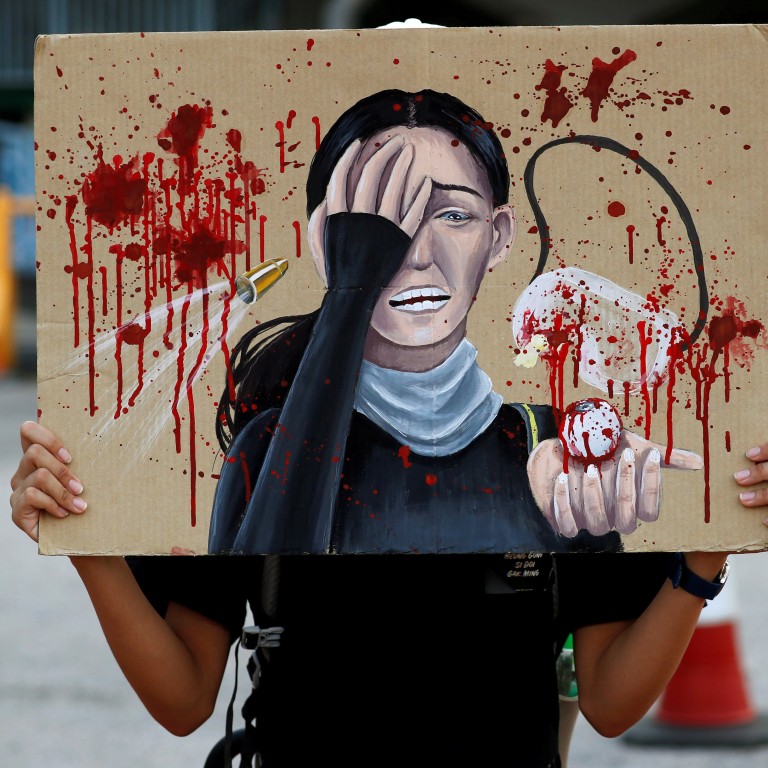
Letters | While Carrie Lam focuses on Hong Kong protester violence, she is turning a blind eye to legitimate concerns
- The protesters are against Beijing’s tightening grip but hope the crisis can be resolved within Hong Kong’s existing systems. It is preposterous to suggest that they are attempting to overthrow the establishment through violent revolution
Until now, the police have not provided sound explanations for not promptly ordering action against the gangsters who had gathered on Yuen Long streets after nightfall and later attacked protesters and homeward-bound residents at the Yuen Long MTR station on July 21.
On July 27, tens of thousands of Hongkongers flocked to Yuen Long despite a police ban on a demonstration, in response to the assault the previous week. Among them were customers queuing up to buy sweetheart cakes and pastries at the renowned Hang Heung bakery in the afternoon. As a Yuen Long resident, I would say that these people, who might be labelled by some as participants in an unlawful assembly or even “rioters”, did more than the government to restore our economic life and confidence following the assault.
Hong Kong protests almost like ‘colour revolution’: top Beijing official
The protesters still hope that the current crisis can be resolved within the establishment. Their five demands include the establishment of a commission of inquiry to investigate the events of the past months, especially police brutality, and political reform that would bring true universal suffrage. It is, therefore, preposterous to suggest that the protesters are attempting to overthrow the establishment through violent revolution.
Highlighting acts that involve violence and allegedly hurt national sovereignty, while continually turning its back on the people, who are still calling for action within the existing system, does not befit a responsible government.
Ben L.P. Tsang, Yuen Long

